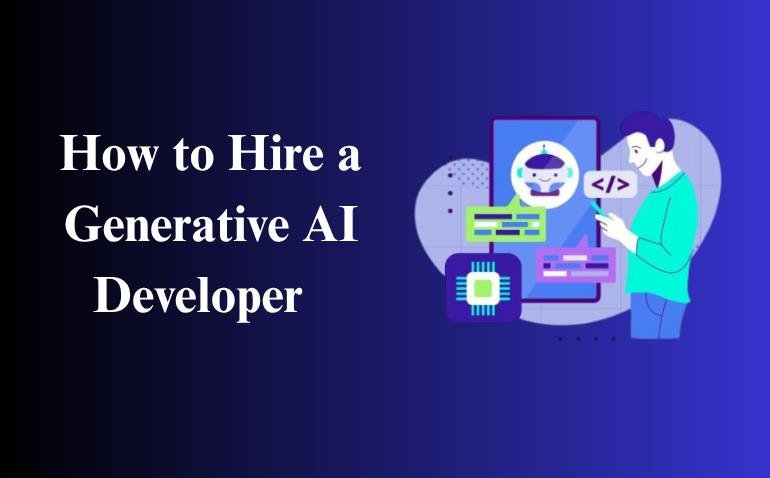Table of Contents
How to Hire a Generative AI Developer: A Comprehensive Guide
The world of artificial intelligence is advancing at an exponential rate, and generative AI is one of the most exciting and disruptive branches within this field. From AI-generated art to sophisticated natural language processing (NLP) models, generative AI is reshaping industries across the globe. But as with any rapidly evolving technology, hiring the right talent to build and implement generative AI solutions can be a daunting task.
If you’re looking to bring a generative AI developer onto your team, you’ll need a strategic approach. This post will guide you through the key steps in hiring the right person for the job, drawing on industry insights and best practices.
1. Understand the Role and Skillset of a Generative AI Developer
Before diving into the hiring process, it’s crucial to understand what skills a generative AI developer needs to possess. The complexity of generative AI models, such as GPT, GANs (Generative Adversarial Networks), and transformers, requires a mix of specialized knowledge and expertise.
Key skills and qualifications to look for:
Machine Learning (ML) and Deep Learning (DL) Expertise: A strong foundation in machine learning and deep learning techniques is essential. The developer should be proficient in algorithms, neural networks, and model training.
Generative Model Knowledge: The developer should have hands-on experience with generative models like GANs, variational autoencoders (VAEs), and transformers.
Programming Proficiency: Deep knowledge of programming languages such as Python, TensorFlow, PyTorch, Keras, and other relevant frameworks is a must.
Data Handling: Since generative AI models often require large datasets, experience with data preprocessing, augmentation, and working with unstructured data is crucial.
Problem-Solving and Creativity: Beyond technical expertise, a generative AI developer should also demonstrate creativity in generating innovative solutions and adapting models to real-world applications.
Preferred Education:
A degree in computer science, machine learning, data science, or a related field is often preferred, though practical experience and a strong portfolio can outweigh formal qualifications in many cases.
2. Define the Project Scope and Requirements
Before you begin searching for the ideal candidate, you must clearly define the scope and objectives of the generative AI project. Whether it’s generating text, images, music, or even synthetic data, the developer’s role will vary depending on the task at hand.
Key questions to ask yourself:
What’s the specific use case?: Are you looking to develop an AI-powered content generation tool? Or are you creating a unique product like AI-generated artwork?
What resources do you need?: Will the project require significant computational power or access to specialized datasets?
What are the success metrics?: How will you measure the developer’s success? For instance, in NLP, metrics such as BLEU (for text generation) or FID (for image generation) are often used.
3. Look for the Right Technical Expertise
When hiring a generative AI developer, it’s critical to evaluate their technical expertise in the specific areas you require. Here are a few aspects to assess:
Experience with Generative Models: Look for candidates who have experience working with different generative models like GANs, VAEs, and autoregressive models (e.g., GPT-3).
Proficiency in Frameworks: Familiarity with popular deep learning frameworks such as TensorFlow, PyTorch, and Keras will be beneficial.
Knowledge of Evaluation Metrics: Developers should be aware of how to evaluate generative models, using metrics like FID, IS (Inception Score), and human evaluation for creative outputs.
Understanding Ethical and Legal Concerns: Generative AI often raises ethical questions, particularly around content originality and data privacy. A strong candidate should have an understanding of these concerns and ensure compliance with legal frameworks.
4. Evaluate Portfolio and Past Work
A generative AI developer’s portfolio can speak volumes about their expertise and creativity. The best candidates will have a strong portfolio that demonstrates real-world applications of generative AI models. This could include:
GitHub Repositories: Look for publicly available repositories showcasing their work with machine learning models, data pipelines, or AI applications.
Published Research: If the developer has contributed to academic research or industry white papers, it can be a sign of expertise in cutting-edge AI topics.
Live Projects: If they’ve contributed to a product or service that uses generative AI in a production environment, that’s a great indicator of practical experience.
5. Conduct a Technical Interview
Technical interviews for generative AI developers should go beyond theoretical knowledge. Here’s how to structure the process:
Problem Solving: Ask the candidate to solve real-world AI problems or give them a coding challenge that tests their ability to develop, implement, and fine-tune generative models.
Conceptual Understanding: Assess their understanding of machine learning fundamentals, such as optimization techniques, regularization, and model evaluation.
Portfolio Review: Discuss their previous projects in detail, asking them to explain their thought process, challenges faced, and how they tackled them.
6. Assess Cultural Fit and Soft Skills
Technical expertise is important, but so is the ability to work in a team and adapt to the company culture. Make sure to evaluate soft skills, such as:
Communication Skills: Can the developer explain complex AI concepts to non-technical stakeholders? Clear communication is essential in AI projects.
Collaboration and Adaptability: Since generative AI projects often involve collaboration between various teams (data scientists, product managers, designers), assess the developer’s ability to work in a multidisciplinary environment.
Creativity: Generative AI is often about thinking outside the box. A developer with a creative mindset will bring innovative solutions to the table.
7. Consider Remote or Freelance Options
Given the global talent pool for AI development, you may want to consider hiring a remote or freelance generative AI developer. This can broaden your search and give you access to highly skilled professionals from around the world.
However, remote hiring does come with its challenges, such as managing time zones, communication barriers, and cultural differences. Consider using AI development agencies or freelance platforms like Toptal, Upwork, or Freelancer to find skilled developers with expertise in generative AI.
8. Offer Competitive Compensation and Benefits
The demand for generative AI talent is high, so offering a competitive salary and benefits package is essential. Make sure your compensation is in line with industry standards, taking into account the experience and skill level of the developer.
You may also want to consider offering flexible work arrangements, professional development opportunities, and access to cutting-edge tools and technologies to attract top talent.
9. Onboarding and Continuous Support
Once you’ve hired the perfect generative AI developer, it’s time to onboard them effectively. Provide them with the necessary resources and support to help them integrate smoothly into your team. Additionally, given the rapid pace of AI development, encourage continuous learning to keep up with the latest advancements in the field.
Final Thoughts
Hiring a generative AI developer is no small feat, but with the right approach, you can find the talent needed to bring your AI-driven products to life. From understanding the technical requirements to evaluating the candidate’s past work, each step in the hiring process is crucial to ensuring you bring on someone who can not only meet the demands of the project but also contribute creatively to the future of generative AI.
Remember that the generative AI landscape is evolving rapidly, and the developers you hire will be at the forefront of innovation. By taking the time to assess both their technical prowess and their ability to think creatively, you’ll be well on your way to building a successful team and product.
By following these steps, you can ensure a successful hire for your generative AI development needs and position your business for success in this transformative field.


